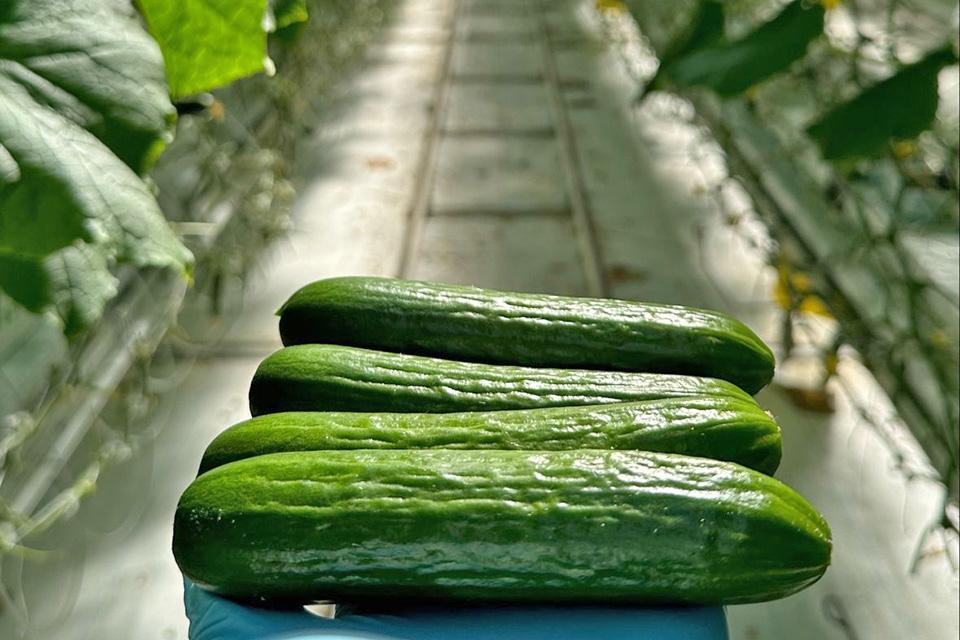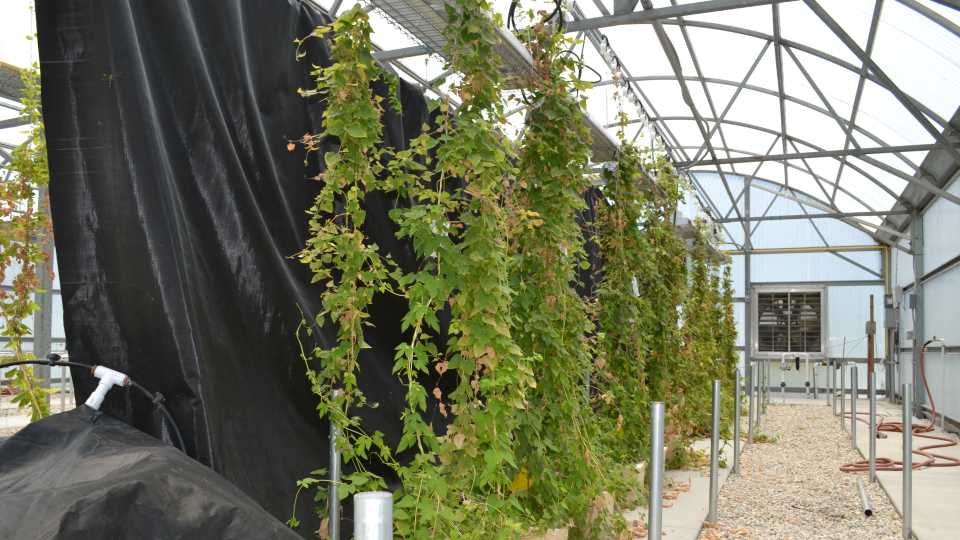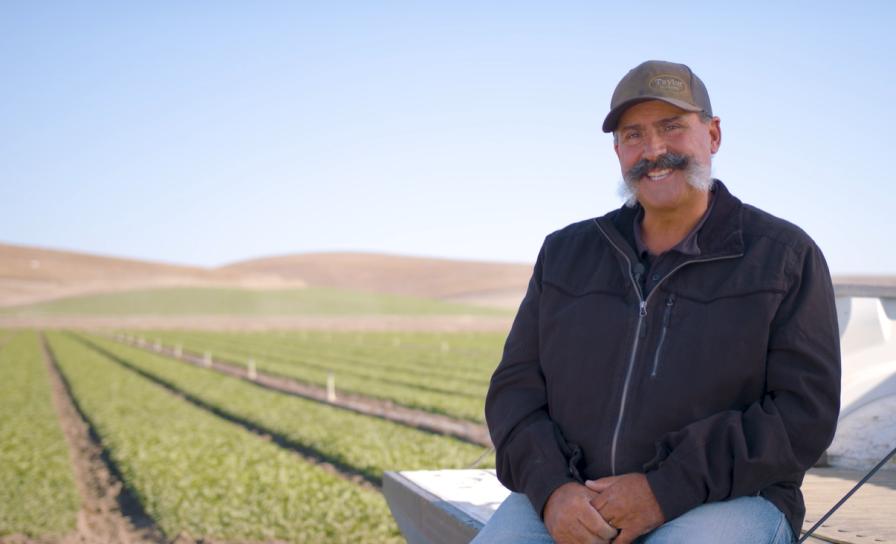Harmonization Program For Seed Potatoes Is Designed To Help With Export Markets
USDA’s Animal and Plant Health Inspection Service (APHIS) announced the launch of the State National Harmonization Program (SNHP) for seed potatoes. This program is a collaborative effort between APHIS, the National Potato Council (NPC), the United States Potato Board (USPB), the National Plant Board (NPB), and state seed certification agencies.
“The harmonization program launched by APHIS and its partners is an important tool that will benefit U.S. agricultural trade and the economy,” said Rebecca Bech, deputy administrator of APHIS Plant Protection and Quarantine. “By working together to harmonize seed certification programs, this country’s potato industry is better positioned to take advantage of trade opportunities.”
“The announcement by APHIS of the implementation of SNHP culminates years of hard work by our state and national partners and provides a sound foundation upon which the industry can demonstrate the effectiveness of establishing harmonized national standards,” said NPC and USPB in a joint statement. “The SNHP provides a format for the potato industry and state seed certification agencies to voluntarily adopt standards and management procedures for non-quarantine pests of concern, which would be universally applied to seed potatoes moving between the various states, between the U.S. and Canada, and shipped to other foreign trading partners.”
Each participating state agrees to follow baseline standards regarding both quarantine and non-quarantine potato pests, creating a framework in which interstate and international commerce can be facilitated.
The program was first discussed at a 2002 potato summit, where growers, government officials, and industry representatives proposed the idea to harmonize requirements. At the time, state certification requirements for seed potato production varied from state-to-state and each State had to negotiate its own market access based on its individual certification standards.
Nearly all of U.S. seed potato production falls under the program’s guidelines. Currently, 12 states participate in the program, covering 98.5% of all U.S. seed potato acreage: Colorado, Idaho, Maine, Michigan, Minnesota, Montana, Nebraska, North Dakota, Oregon, Washington, Wisconsin, and Wyoming. New York, California, and Alaska are in the process of completing the requirements for entry into the program.
Three non-seed potato producing states — Alabama, Pennsylvania, and West Virginia — have also signed onto the program in an effort to demonstrate to trading partners that their potato industries are following best practices by using seed potatoes that are produced through this program.
The successful SNHP partnership between state and federal agencies will allow the partners to not only improve trade, but also to deal with future potato pest issues in a coordinated fashion.
“The process of establishing the SNHP has been instrumental in gaining access for U.S. seed potatoes to a number of markets. With the SNHP in place, USDA and the industry should be able to finalize market access for U.S. seed potatoes to Egypt, the Dominican Republic, and other potential export markets. Increased access for U.S. seed potatoes in foreign markets will help U.S. seed potato growers to diversify and strengthen their programs, thereby better serving the U.S. potato industry as well as expanding demand for U.S. potatoes,” said NPC and USPB.
With Agriculture Secretary Vilsack’s leadership, APHIS works tirelessly to create and sustain opportunities for America’s farmers, ranchers and producers. Each day, APHIS promotes U.S. agricultural health, regulates genetically engineered organisms, administers the Animal Welfare Act, and carries out wildlife damage management activities, all to safeguard the nation’s agriculture, fishing and forestry industries. In the event that a pest or disease of concern is detected, APHIS implements emergency protocols and partners with affected states and other countries to quickly manage or eradicate the outbreak. To promote the health of U.S. agriculture in the international trade arena, APHIS develops and advances science-based standards with trading partners to ensure America’s agricultural exports, valued at more than $135 billion annually, are protected from unjustified restrictions.
“Not only does the SNHP for seed potatoes better position high-quality U.S. potatoes in the international marketplace, it places us on solid footing as we work to address other issues of industry concern, including the management and control of pests, like Potato Virus Y (PVY). Adoption of an effective PVY management plan for seed potatoes and voluntary inclusion of that plan by the signatories to the SNHP will be an important next step in the evolution of this partnership between the potato industry and APHIS,” said NPC and USPB.









